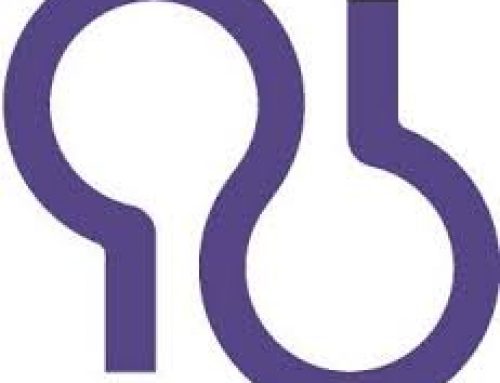Do you know the difference between a Will and a Trust? Which do you need? Do you need both? Neither? Knowing the difference could save your family thousands of dollars and months of headaches. The chart below just scratches the surface.
LAST WILL AND TESTAMENT
Pro
“Set-it-and-forget-it” — you need not retitle any of your bank accounts or other assets during your lifetime; everything can stay in your individual name.Depending upon the complexity of your estate plan, creating a Will generally is more affordable than creating a more comprehensive trust agreement. However, there may ultimately be greater expenses on the backend for your beneficiaries, with probate, as compared to a non-probate trust administration.The actions of your Personal Representative must be court-supervised. (This is both a pro and a con, depending upon circumstances).
Con
Probate — a probate proceeding will be required in order to administer your Will. Probate is time-consuming, bureaucratic, and can be expensive. It opens your private affairs to public scrutiny and subjects your assets to the claims of your creditors prior to distribution to your beneficiaries. The proceeding may be a short summary proceeding or a full formal administration, depending upon the nature and amount of what you leave behind.A Will is only effective upon your death; it does nothing to help you manage your assets during your lifetime.Unless your Will contains trust provisions within it, it does not provide a way to manage the way your beneficiaries receive their shares.It is generally easier for a digruntled beneficiary to challenge your estate plan, because the probate process gives them the forum to do so.The actions of your Personal Representative must be court-supervised.Probate takes time. During that time, your beneficiaries may not have access to the funds that they need to meet expenses.
REVOCABLE TRUST
In order for the trust to be able to manage your assets, you must take the effort to retitle your assets in the name of the trust. If the accounts are not held in the name of the trust, the trust cannot control them. A trust must be funded to be effective.As a “just in case” emergency back up plan, a special type of Will, known as a “pour over Will” therefore should be prepared together with your Will, so that any assets you did not title in the name of your trust during your lifetime get poured into the trust by the Will upon your death. To the extent that the Will needs to pour into the trust, a probate proceeding would be required to accomplish that. If at your death all of your assets were in your trust, then the pour over Will is not needed and no probate is required.Trusts are more comprehensive and can be more complicated than Wills, and so the fees associated with their creation can be greater.The actions of your trustee generally are not court-supervised.If you have a bank account or an insurance policy or any other asset which is “pay on death” and names a beneficiary on it, then that account will go to that beneficiary upon your death, no matter what your trust may say about who your beneficiaries are.
ALTERNATIVE 1:
Do nothing. If you do not take the time and effort to prepare your own estate plan, never fear — the State of Florida has a boilerplate one for you. Florida Statutes set out “laws of intestacy” which apply to individuals who die without an estate plan in place. Florida’s laws provide default rules for how your assets should be divided amongst your family. You may well disagree with these default rules. Even if the default provisions track your wishes, they do not provide any sort of protection for special needs beneficiaries or other beneficiaries you might wish not to receive an unfettered inheritance. Putting your own estate plan in place, during your lifetime, is the best way to make sure the default rules do not apply to you.
ALTERNATIVE 2:
Designate “pay on death beneficiaries” on your accounts. While this will cause these accounts not to pass through probate, probate is not always a bad thing. There are reasons you might wish for certain assets to go through probate.
ALTERNATIVE 3:
Jointly title your accounts. While jointly held accounts will pass right to the survivor upon your death, this is not always a good way to go. For one thing, adding a joint owner to your account would incur Medicaid gift transfer penalties. For another, it subjects your assets to the risks and liabilities of the new co-owner.





